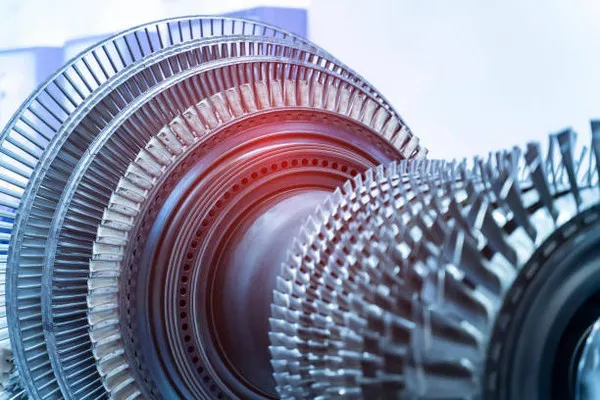Air compressors play a crucial role in various industries and DIY projects, offering a versatile and efficient power source for a wide range of tools and applications. Selecting the best air compressor for your specific needs involves considering several key factors, including capacity, power source, portability, and features. In this comprehensive guide, we will explore these factors to help you make an informed decision when investing in an air compressor.
Types of Air Compressors:
Before delving into the factors to consider, it’s essential to understand the different types of air compressors available in the market. The two main categories are reciprocating (or piston) compressors and rotary screw compressors. Reciprocating compressors use a piston and cylinder to compress air, making them suitable for intermittent use and smaller applications. On the other hand, rotary screw compressors provide continuous airflow, making them ideal for larger industrial settings.
Capacity and Pressure:
One of the primary considerations when choosing an air compressor is its capacity, often measured in cubic feet per minute (CFM), and pressure, measured in pounds per square inch (psi). The capacity requirement depends on the tools or applications you plan to power with the compressor. For example, pneumatic tools like nail guns and impact wrenches typically require a lower CFM, while sanders and paint sprayers demand higher CFM ratings. Ensure that the compressor you choose can meet or exceed the CFM and psi requirements of your tools.
Power Source:
Air compressors are available in electric, gas, or diesel-powered options. The choice between these power sources depends on the availability of electricity and the portability required for your applications. Electric compressors are suitable for indoor use and areas with a stable power supply, providing a clean and quiet operation. Gas or diesel-powered compressors are more portable and suitable for outdoor or remote locations but may produce more noise and emissions.
Tank Size:
The tank size of an air compressor plays a crucial role in its performance. Larger tanks store more compressed air, reducing the need for the compressor to cycle on and off frequently. This results in a more consistent airflow and less wear and tear on the motor. For applications that require a continuous and steady air supply, a larger tank is recommended. However, for portable use, a smaller tank may be more practical.
Portability:
Consider the portability of the air compressor, especially if you need to move it between job sites or within a workshop. Smaller, portable compressors with wheels are convenient for DIY enthusiasts and contractors who need to transport the unit regularly. Stationary compressors with larger tanks are better suited for permanent installations in workshops or industrial settings where mobility is not a primary concern.
Noise Level:
The noise level of an air compressor can impact its usability, particularly in residential or noise-sensitive environments. Some compressors are designed with noise reduction features, such as insulated cabinets or low-noise motors. If you plan to use the compressor in a shared workspace or close to living areas, consider models with lower decibel ratings for a quieter operation.
Additional Features:
When comparing air compressors, take note of additional features that can enhance usability and efficiency. Oil-free compressors require less maintenance and are suitable for applications where oil contamination is a concern, such as painting or food processing. Automatic start/stop systems and thermal protection mechanisms contribute to the compressor’s longevity and safety.
See Also Do Compressor Sound Blankets Work
Conclusion:
Choosing the best air compressor involves a thoughtful evaluation of your specific needs and the demands of your applications. Consider factors such as capacity, power source, tank size, portability, noise level, and additional features to make an informed decision. By carefully assessing these aspects, you can select an air compressor that not only meets your current requirements but also provides versatility for future projects. Investing in the right air compressor will contribute to the efficiency and success of your work, whether you’re a DIY enthusiast or a professional in an industrial setting.

